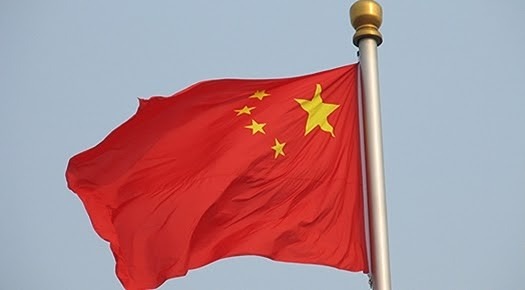
Photo Credits: Flickr
In China, a pastor Wang Yi has been sentenced to nine years in prison on charges of inciting subversion of state power and illegally operating a business. Wang Yi, who leads the Early Rain Covenant Church, a well-known underground Protestant church (congregation operating outside of government control), was handed a nine-year sentence.
Inciting subversion of state power is a crime under the law of the People's Republic of China. It is article 105, paragraph 2 of the 1997 revision of the People's Republic of China's Penal Code. The Chinese government frequently uses "inciting subversion of state power" as a "catch-all" charge used to target and imprison political activists, human rights campaigners and dissidents. For example, in 2009, Nobel Peace Prize laureate Liu Xiaobo was sentenced to 11 years in prison for "incident subversion of state power" based on his drafting of the Charter 08 manifesto calling for political reform.
Freedom of religion in China is provided for in the Constitution of the People's Republic of China with an important caveat: the government protects what it calls "normal religious activity," defined in practice as activities that take place within government-sanctioned religious organizations and registered places of worship. The Constitution forbids the use of religion to "engage in activities that disrupt social order, impair the health of citizens or interfere with the educational system of the state." Furthermore, it states that "religious organizations and religious affairs are not subject to any foreign dominance.”
In December 2018, dozens of churchgoers and leaders of the Early Rain Covenant church have been detained by police and Wang Yi was among them.
As the Guardian reports, since Xi Jinping became president six years ago, the government has tightened restrictions on religions seen as a challenge to the authority of the Communist party. The government has cracked down on underground churches, both Protestant and Catholic, and has rolled out new legislation to increase oversight of religious education and practices, with harsher punishment for practices not sanctioned by authorities.
The pastor was also deprived of his political rights for three years and 50,000 yuan (£5,500) of his personal property was confiscated as part of his sentencing, the court said. “Today’s verdict makes a mockery of China’s supposed religious freedoms,” said Patrick Poon, an Amnesty International China researcher. “Wang Yi was merely practicing his religion and peacefully standing up for human rights in China.”
